In this article
As more and more pet parents realize the value of good nutrition for overall health, the amount spent on commercial dog food is soaring. In the U.S., owners spent $422 on pet food in 2020. The pet industry expenditure has increased over 500% since 1994, with the biggest share being pet food and treats. Dry dog food alone is worth $5.3 billion.

Safety Concerns With Homemade Dog Food
Cooking your dog’s meals isn’t as simple as making an extra portion of your family dinner or throwing chicken and rice in a bowl. Your dog needs precise nutrition and an ideal balance of different nutrients—a feat difficult to achieve with your own recipes.
If you do want to provide homemade food for your dog, it’s vital that you speak to your veterinarian. Discuss what you’d like to do, get their advice on your decision, and consider your dog’s health and current medical conditions. You may also want to speak with a veterinary nutritionist.
If you need to speak with a vet but can't get to one, head over to PangoVet. It's our online service where you can talk to a vet online and get the personalized advice you need for your pet — all at an affordable price!
Once you begin a homemade diet, be sure to consult with your vet regularly to make sure your dog isn’t suffering from malnutrition or nutrient deficiencies. For guidance, both the American Academy of Veterinary Nutrition and the American College of Veterinary Nutrition recommend PetDiets.com and Balanceit.com to help you formulate recipes correctly.
Another thing to keep in mind is that you can’t guarantee safety in your own kitchen. While factory-produced foods can have contamination issues that lead to illness and recalls, the same could happen when you’re preparing foods yourself. There could be issues with the raw ingredients, or you could neglect food safety guidelines while you’re preparing your dog’s meals.
Should I Make My Dog’s Food?
The choice to cook for your dog is ultimately yours. It’s a lot of work and it may not be cheaper. Plus, you’ll need to source, manage, and balance the ingredients carefully to avoid putting your dog at risk of foodborne illness or nutrient deficiencies.
If you decide to try your hand at homemade meals, be sure to do so carefully and under the guidance of a vet or veterinary nutritionist, at least until you learn the dos and don’ts. Using a DIY supplement mix such as the one offered by The Farmer’s Dog is a great way to ensure that your meals are properly supplemented for complete and balanced nutrition.
If you want to give your dog wholesome food without the hassle, there are numerous dog food brands on the market that offer human-grade ingredients prepared with strict standards, such as Ollie, The Farmer’s Dog, and Nom Nom.
With these brands, you’re getting exceptional ingredients and practically homemade recipes without putting in the work yourself.
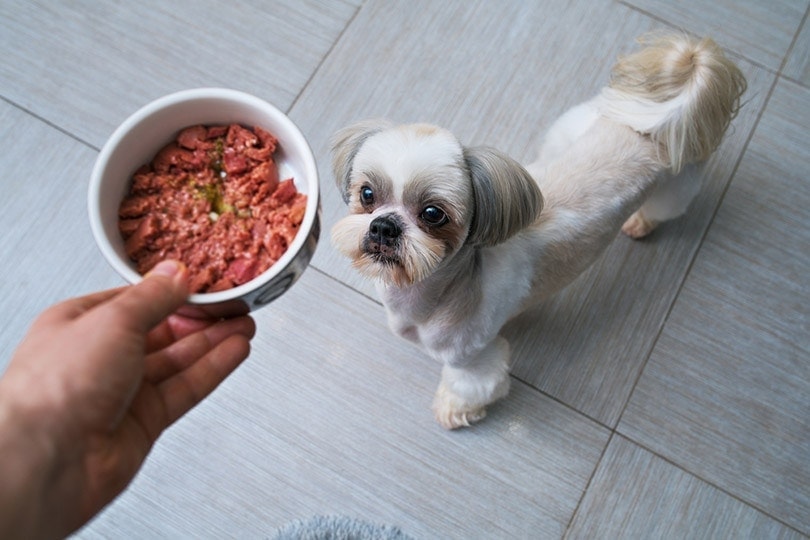

In Conclusion
Cooking your dog’s meals is a great idea, but you must be prepared for a lot of research, time, and expense. It is not as easy as it seems, and if you don’t do the work, you could subject your dog to illness or health problems. Be sure to consult with your vet before embarking on homemade diets.
Featured Image Credit: Sjale, Shutterstock

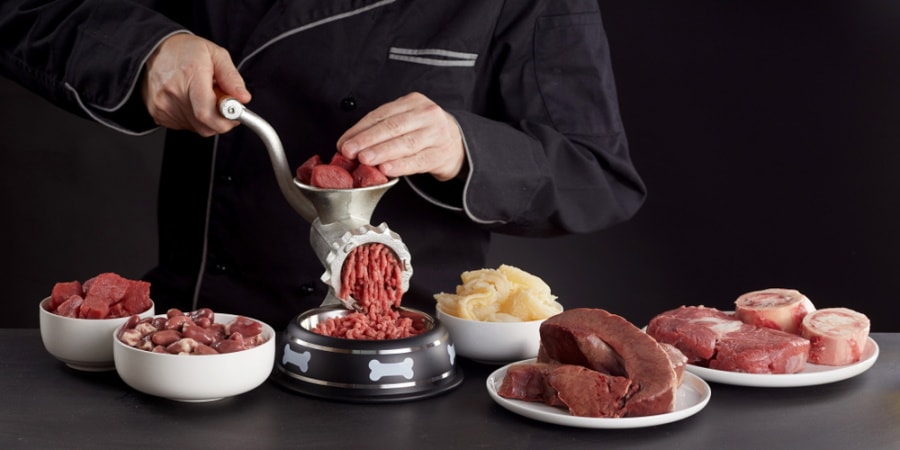






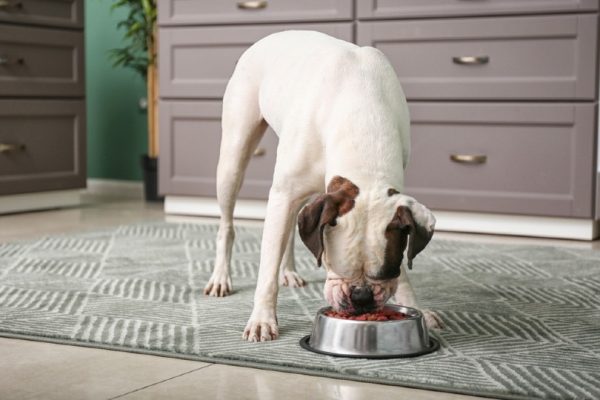




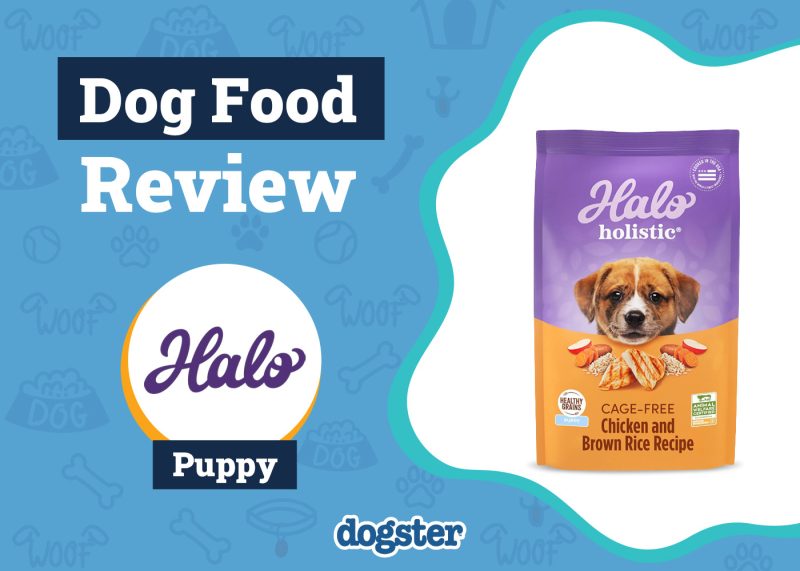




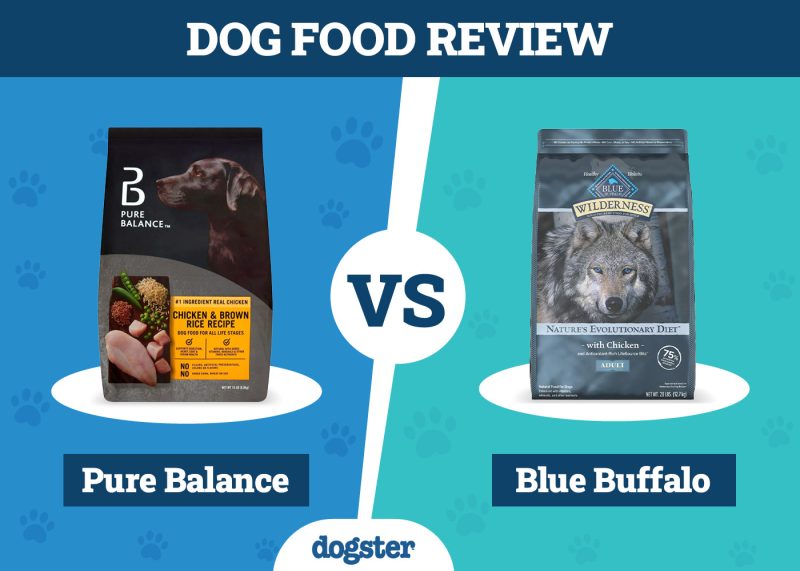




2 Responses
My 6 year old mixed female dog has diabetes and on insulin twice a day. I buy her special diet Canin from Chewy.com. I was wondering if it would be cheaper to make her dog food myself instead of spending 120. dollars a month on canned food. I want her to be healthy but just like everyone else, looking for ways to save a little money if possible. Do you think it's less expensive to make homemade?
Hi Betty, that’s great that you’re focused on keeping your dog healthy! Making homemade dog food can sometimes be more cost-effective, but it really depends on the ingredients you choose and how much you’re able to make at once. It is not super easy to get it right as it needs to be a complete and balanced formula, and since your dog is diabetic this is especially important.
If you’re considering homemade food for your dog, it’s important to consult with a veterinarian first to discuss your plans and get their guidance. We do have an online vet service, PangoVet, where you can speak to a qualified veterinary nutritionist, and they can help you create a recipe that meets her nutritional needs while keeping costs down and ongoing support. You can book a video consult with our team at https://pangovet.com – I hope that helps!